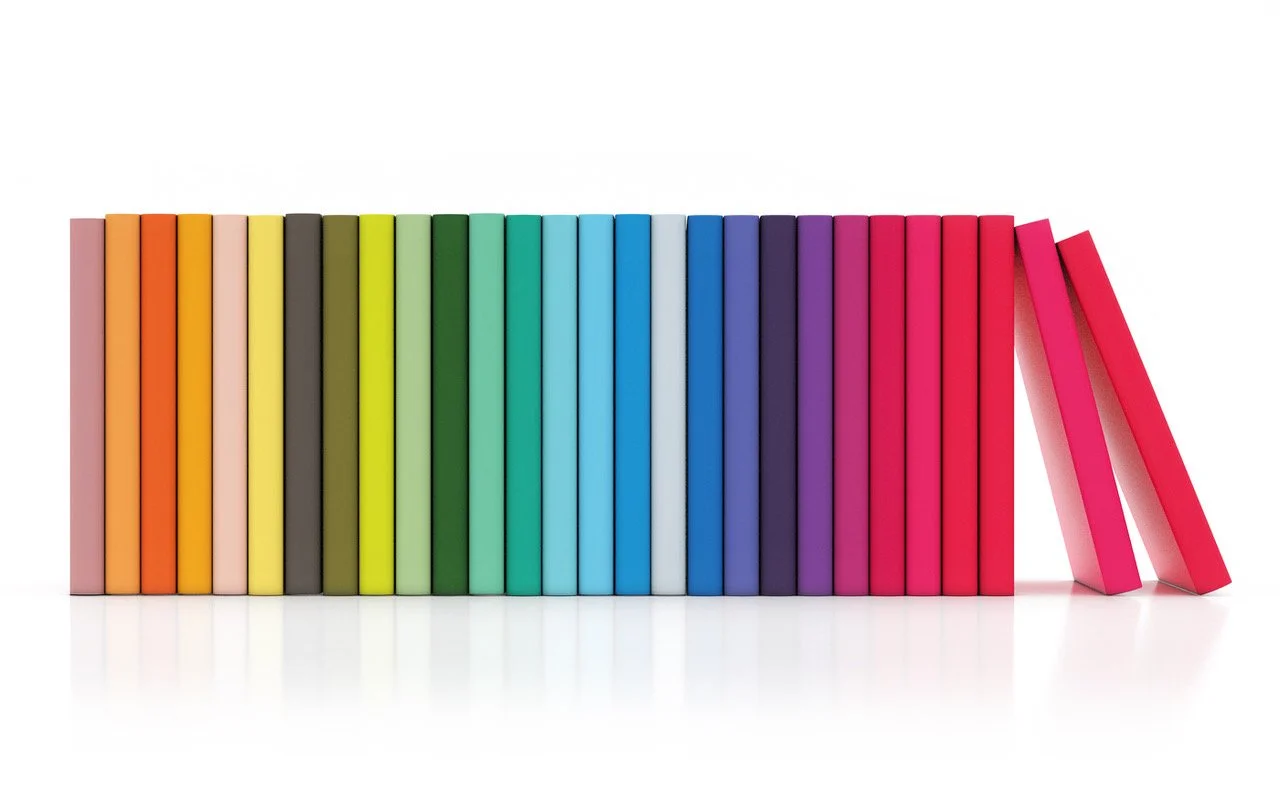Why the Curse of Knowledge is Killing Your Marketing (& How To Fix It)
/When you’re great at what you do and you’ve been doing it for a long time, you become what many consider to be an expert.
But when you get that good at something, it’s hard to remember what it was like when we were just a beginner.
And we fall into the Curse of Knowledge.
Which can create a massive problem for our marketing.
So, what exactly is the Curse of Knowledge? How do you know you’re committing it? Why is it a problem? And how can you put measures in place to make sure it’s not losing you customers and killing your marketing?
What is the Curse of Knowledge?
The Curse of Knowledge is a bias we develop, that assumes that everyone else knows what we know about our area of expertise.
Sometimes called the curse of expertise, when we fall into the trap of assuming that the people we’re communicating with share our background and understanding of a topic, we forget to explain the basics. Because we think our audience already knows them.
It’s particularly common in a classroom setting, where teachers might have difficulty teaching if they can’t put themselves in the position of their students. A knowledgeable professor might have forgotten the difficulties that a student encounters when learning a new subject for the first time.
And if the best marketers are teachers (and they are) then I can guarantee that at some point, you too have been subject to the Curse of Knowledge.
Why the Curse of Knowledge Matters in Marketing.
If you fall into the Curse of Knowledge, you risk leaving out important information during the customer journey that will help your ideal clients to choose you.
You might leave out information that helps them get to the next step in your funnel.
Or leave out an opportunity to engage with them in a way that they’ll understand.
You might miss out on the opportunity to engage with people who really need you. If you alienate them with too much complex information at the beginning of their interaction, they might assume you don’t understand them, and that you’re not a good fit to help them solve the problem they’re trying to solve.
The Curse of Knowledge can also cause you to leave out a potentially huge wealth of content that you can write, talk about and create very easily.
But when you don’t assume common knowledge, you’ll set the foundations for an amazing marketing journey for your customers.
How Can You Avoid the Curse of Knowledge?
So now you know what the Curse of Knowledge is, how do you avoid falling into it in your content and marketing?
Here’s some strategies I use that might help you too.
Don’t make assumptions
What if your customer doesn’t know what you think they know?
Don’t assume that your ideal client knows everything you know – even the simplest of things. Take yourself back to when you weren’t an expert – what were you most interested to discover? What learning was a revelation for you?
And before you edit yourself, ask yourself why you’re leaving that piece of information out. If you think it’s because “everyone knows this” or “that’s a bit boring” then definitely think again.
Listen to your customers
There’s no better way to close the gap on what you know and what your customers know, than being a great listener.
When you regularly ask questions and listen to your customers, you’ll be in a great position to identify the gap between what you know and what they know.
It will also help you uncover the type of knowledge they might need to be able to make the leap from aware to engaged.
What are their frequently asked questions? What are the basic concepts, language or terminology they’ll need to understand in order to engage with you fully and completely understand the value you offer?
Listen, and you’ll discover the answer.
Use the Language of your Customer
When you talk to your customers, you get to hear things in their own words.
And then you should use them.
Speak how your customers speak, using the words they use to describe their challenges as often as you possible can.
In your marketing, in your content, in your products and services.
When you use the language of your customer, you’ll have less chance of falling into the Curse of Knowledge.
Consider the customer journey
What does your customer need to know, right now, to buy from you?
Then what do they need to know to take the next step?
They don’t have to discover all the answers to their problems in a single interaction with you.
Consider where the customer is on their journey with you, and think about what they need to know to be successful here, at this moment. Then communicate that.
You’ll have plenty of time to bring your customers up to speed after the sale.
Keep it Simple
Now I’m not saying you should dumb things down. I’m just saying that you need to make it as simple as possible for people to understand you.
Don’t use abbreviations or jargon unless it’s absolutely necessary. And if you must, make sure you explain what you’re talking about clearly and concisely so you and your customer can all be on the same page.
Are you guilty of the Curse of Knowledge?
Awareness is the first step. Once you know what it is, you’ll be better equipped to catch yourself doing it (and believe me, we have all done it!)
Always take the time to put yourself in your customers shoes, take the time to listen to them, use their language, don’t make assumptions and keep things simple.
Finally, remember that even if it seems like basic knowledge to you, it might be just the piece of knowledge that your customer needs to help solve their problem. And that is why we became specialists in the first place.



